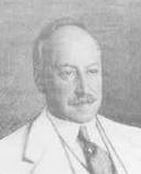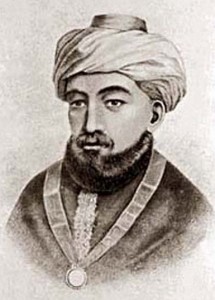Louis Lloyd Winter (1924-1965) was born in Toronto, the youngest of six children. He studied biochemistry at the University of Toronto, and after graduating with a Master’s Degree, borrowed $10,000 from his father to open his first company in the family garage. There, he would process blood work and pregnancy tests for local med offices, and his business skyrocketed quickly. Seeing that prescription drugs were way too expensive, and many could not afford them, Winter started a generic pharmaceuticals company. By 1959, he had to purchase a whole building for his operations and created Empire Laboratories Ltd. By 1964, it was Canada’s largest pharmaceutical, offered over 100 products, and supplied the US military through a branch in Puerto Rico. The following year, Winter’s life was cut short at the young age of 41 when he had a sudden aneurysm. 17 days later, his wife died of leukemia. The company was taken over by their nephew Bernard Charles Sherman (b. 1942). “Barry” Sherman lost his father when he was just 9, and grew up working for his uncle’s drug company. After graduating from the University of Toronto, then getting a Ph.D in astronautics at M.I.T, he was able to take charge of Empire. By 1974, he sold Empire and instead launched Apotex, growing it to become Canada’s largest generic drug maker. Today, the company ships its products to 115 countries and has branches in biotechnology, medical, and chemical research. Meanwhile, its charitable arm – the Apotex Foundation – has donated over $17 million in free medications. Sherman himself has donated over $50 million to the UJA, as well as a number of other philanthropic causes in the Toronto area and beyond. He is currently Canada’s 7th wealthiest man, and continues to head Apotex with a passion to bring affordable medication to the masses.
UPDATE: Tragically, Barry Sherman and his wife Honey Sherman were found dead in their home on December 15, 2017.
Words of the Week
Wherever I go, I’m always going to Israel.
– Rebbe Nachman



